Yoga and Indian Mythology
- June 21, 2020

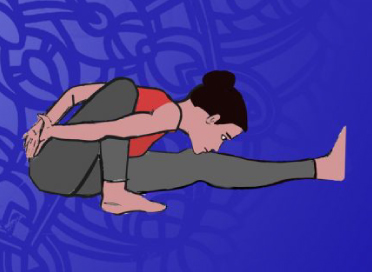
Yoga and Indian Mythology
- June 21, 2020
Yoga has been an integral part of Indian tradition, insomuch that many asanas have their names attributed to characters from the Mahabharata, the Ramayana and the Puranas. Let’s take a look at the Indian mythology’s yoga connections.
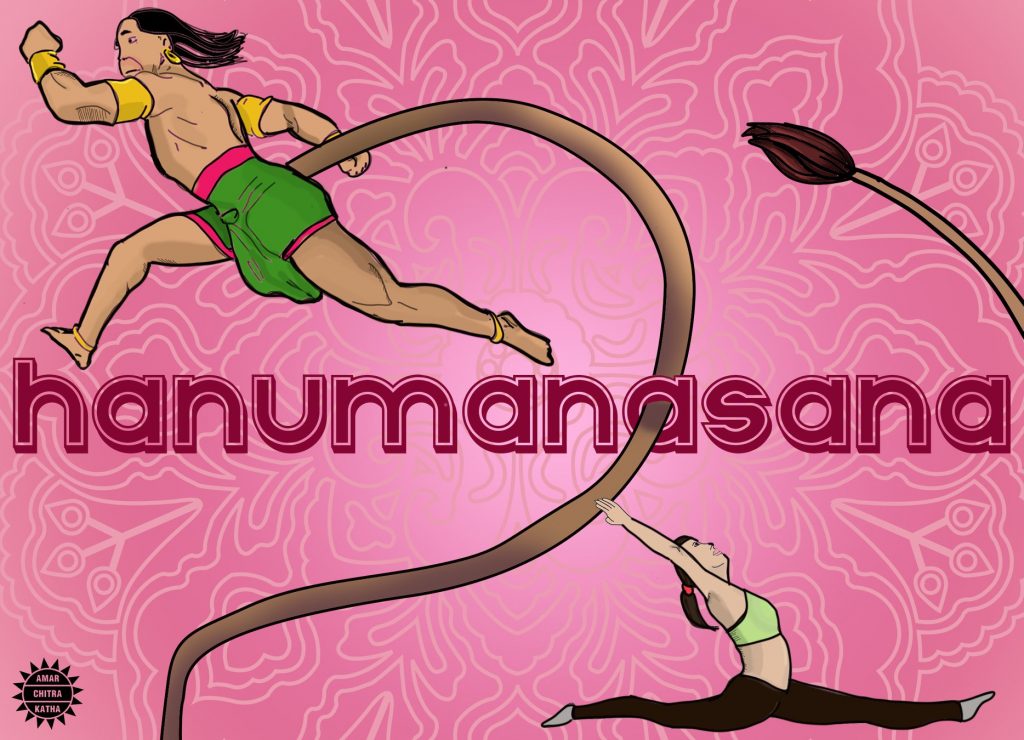
Hanumanasana is a posture of full splits named after Hanuman. He had been gifted the unique ability to leap across any distance from Vayu, the wind god.
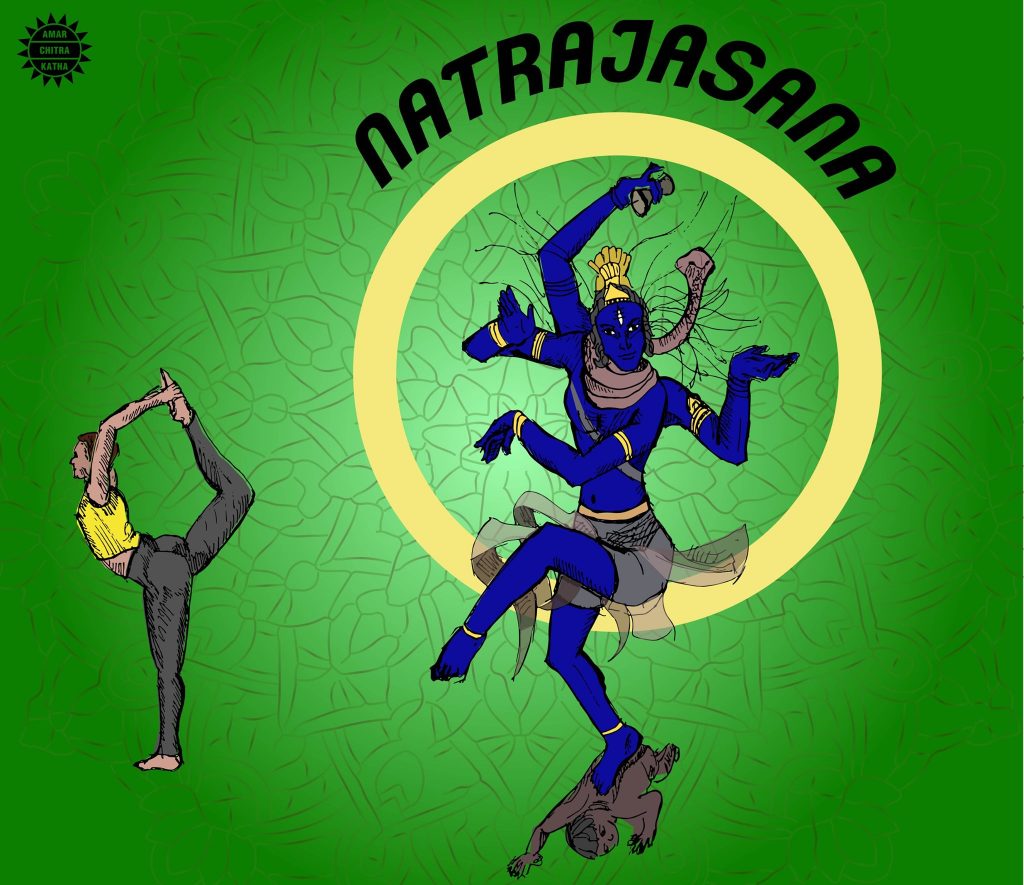
The Natarajasana is named after Nataraja or Shiva, the god of dance. The lifting of the leg in this asana emulates one of Nataraja’s stances in his divine dance.
To receive more such stories in your Inbox & WhatsApp, Please share your Email and Mobile number.
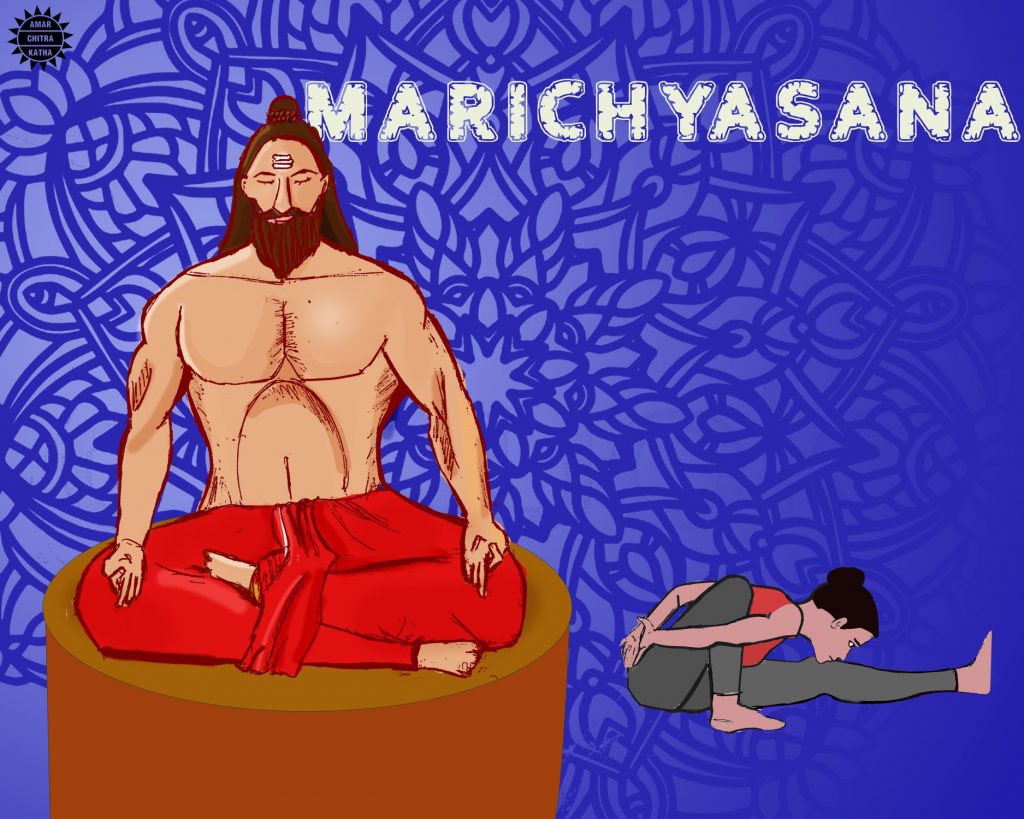
Marichyasana is named after Sage Marichi. As the story goes, Marichi returned from the forest one day and his wife Dharmavrata began to wash his feet. Just then, his father Brahma arrived and Dharmavrata turned to greet him. Enraged by her action, Marichi cursed her to turn into stone.
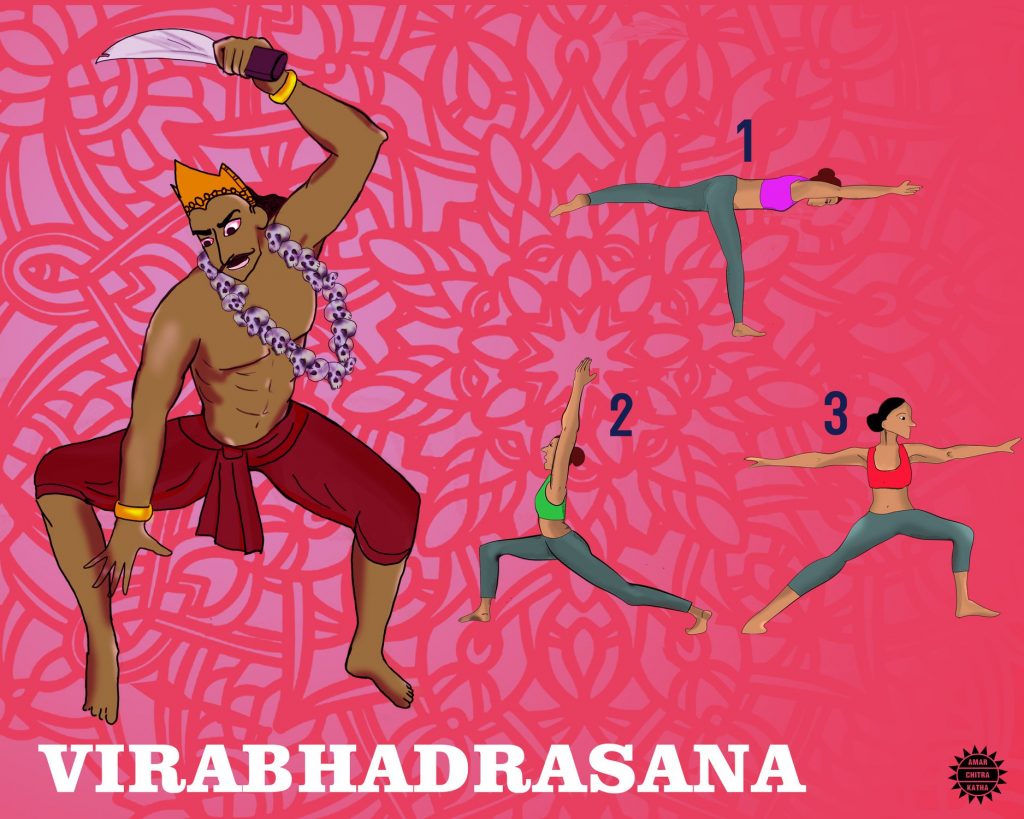
Virabhadrasana is named after Virabhadra who rose from a lock of Shiva’s hair. Shiva was furious when he heard of Sati’s death. He created Virabhadra and Bhadrakali to destroy Daksha’s yagna and teach him a lesson for his pride.
Posture 1: Symbolises Virabhadra coming up from the Yagna with a sword in hand.
Posture 2: Symbolises Virabhadra ready to strike with his sword.
Posture 3: Symbolises Virabhadra lifting his sword and using it to behead Daksha.
To receive more such stories in your Inbox & WhatsApp, Please share your Email and Mobile number.

Comic of The Month
The Naval Journey of India Book I
This book is the first of a three-book series that takes a deep and detailed look at India's Naval History and a deep insight into the lives of our men and women in white. But any series on the Indian Navy has to start at the very beginning - exploring India's celebrated maritime history. Join our little hero, Bharat, and his grandfather, Commodore Sagar, as they sail into the deep blue waters of time. Book I of The Naval Journey of India takes a sweeping look at India's maritime endeavours, how the seas impacted us over millennia and how the oceans made us who we are.